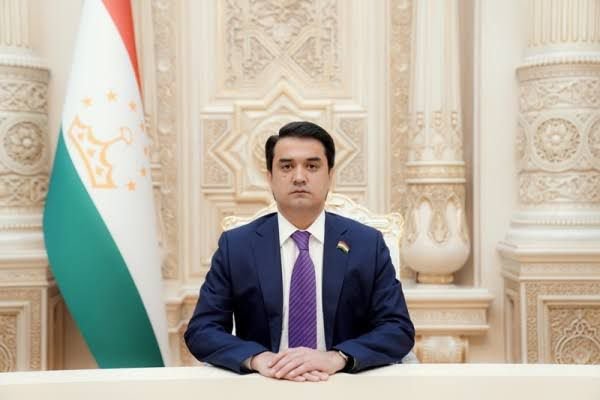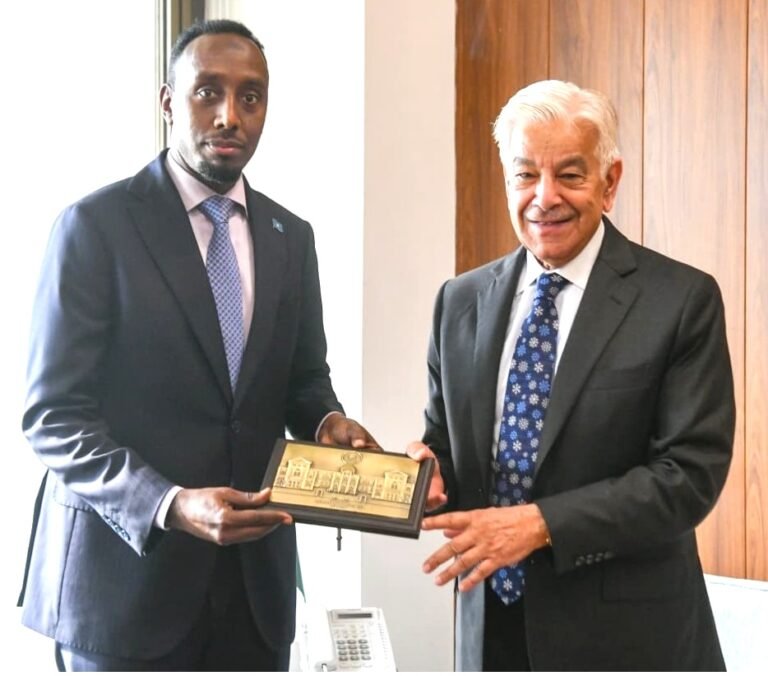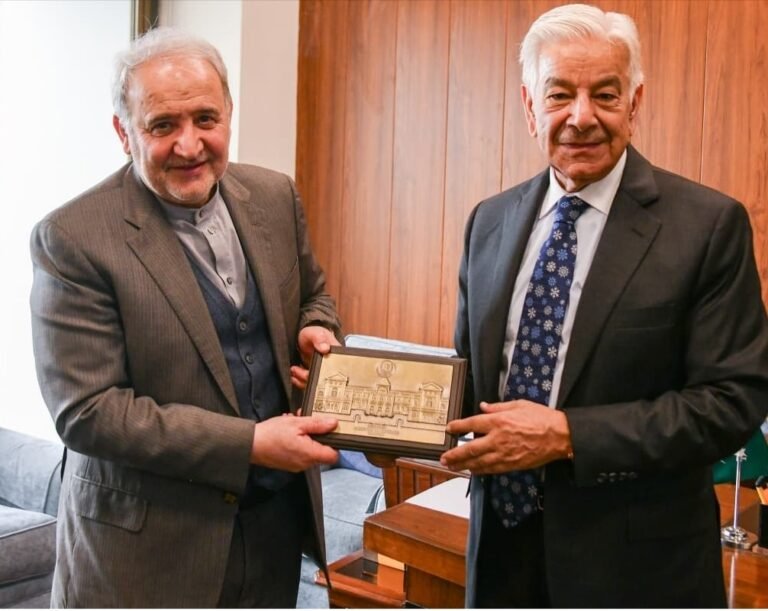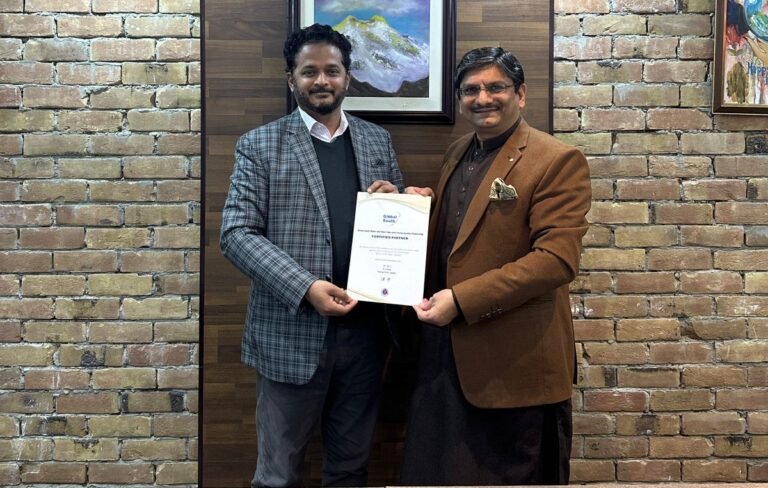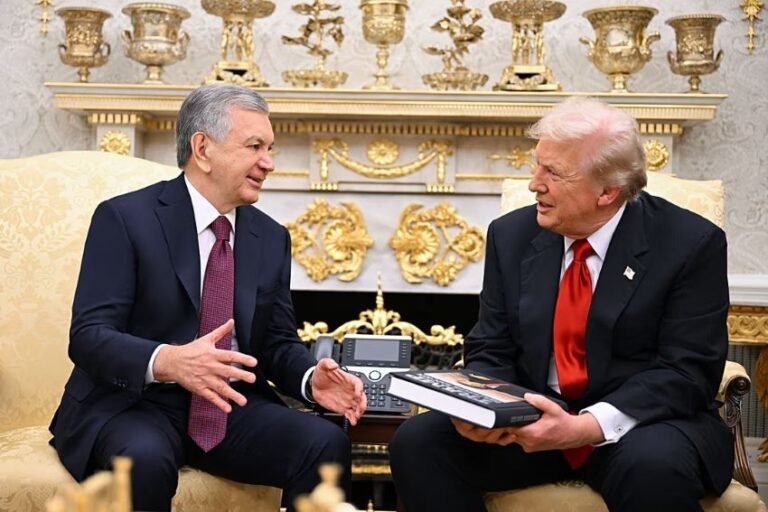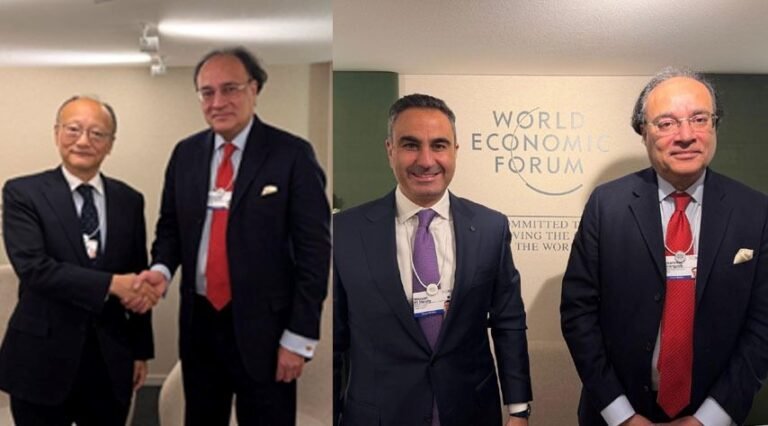On May 20, the President of the Football Federation of Tajikistan, President of the Central Asian Football Association (CAFA), the Chairman of the Majlisi milli of Majlisi Oli of the Republic of Tajikistan, the Chairman of the city of Dushanbe, Rustami Emomali, departed on a working visit to New York City, United States of America.
On May 25, he will participate in the celebration of World Football Day, which is being held at the United Nations General Assembly.
It is worth noting that on February 10, 2024, Rustami Emomali was the first to propose that the role of football at the global level be officially recognized and that a special resolution be adopted by the UN General Assembly to declare May 25 as World Football Day.
In connection with this, on May 7, 2024, during the 80th plenary meeting of the 78th session of the UN General Assembly, Resolution A/RES/78/281 on “World Football Day,” jointly drafted and introduced by Tajikistan, Bahrain, Libya, was adopted. According to this resolution, May 25 will henceforth be officially observed as World Football Day.
Read More: Tajikistan’s Model of Peace and Harmony
In today’s world, football is not merely an ordinary sport but one of the key tools of international diplomacy and an influential factor in shaping a country’s political image. It should be noted that Tajikistan, through the activities of the Football Federation and the active participation of high-ranking representatives, particularly Rustami Emomali, has strengthened itself in both international sports and diplomatic arenas.
These efforts not only contribute to the development of football but also play an important role in enhancing the country’s reputation and image at the global level. Hosting regional events, expanding cooperation with neighboring countries, and active participation in international sport organizations, such as FIFA, are clear indications that Tajikistan’s football diplomacy is steadily gaining ground globally.
There are countries in the world that have achieved great success through football. For example, Qatar’s use of football diplomacy is evident in its hosting of the 2022 FIFA World Cup, which allowed it to attract global attention and strengthen its political influence both in the Gulf region and beyond. Another example is Brazil which, through football, has not only created a strong cultural brand but is also globally recognized as a friendly and talented nation.
Read More: Tajikistan’s Peace Diplomacy: Catalyzing Regional Cooperation and Reconciliation
Football is not only a means of reviving diplomatic cooperation and promoting universal values, but it can also create grounds for reducing tension and conflict. For instance, during the 1998 FIFA World Cup, despite the existing political tensions between the United States and Iran, the match between the national teams of the two countries remained in the memory of the international community as a gesture of peace and mutual respect.
On the down side, in 1969, a routine qualifier match between the national teams of El Salvador and Honduras escalated into a real war, known as the “Football War.” Although the conflict lasted only a few days, it caused numerous casualties and seriously damaged the relations between the two countries.
Today, football has become an effective tool of foreign policy and soft diplomacy for many nations. It can serve as a bridge between people and, if mismanaged, can also become a source of conflict. Tajikistan, taking into account its existing potential and active sports policy, continues to use football as a key instrument to strengthen its international standing.
Doronshoeva Nekbakht Shoqosumovna
Doronshoeva Nekbakht Shoqosumovna is a candidate of Political Sciences and the Head of USA and Canada Department at the Institute of Asian and European States of NAST, Dushanbe, Tajikistan.

